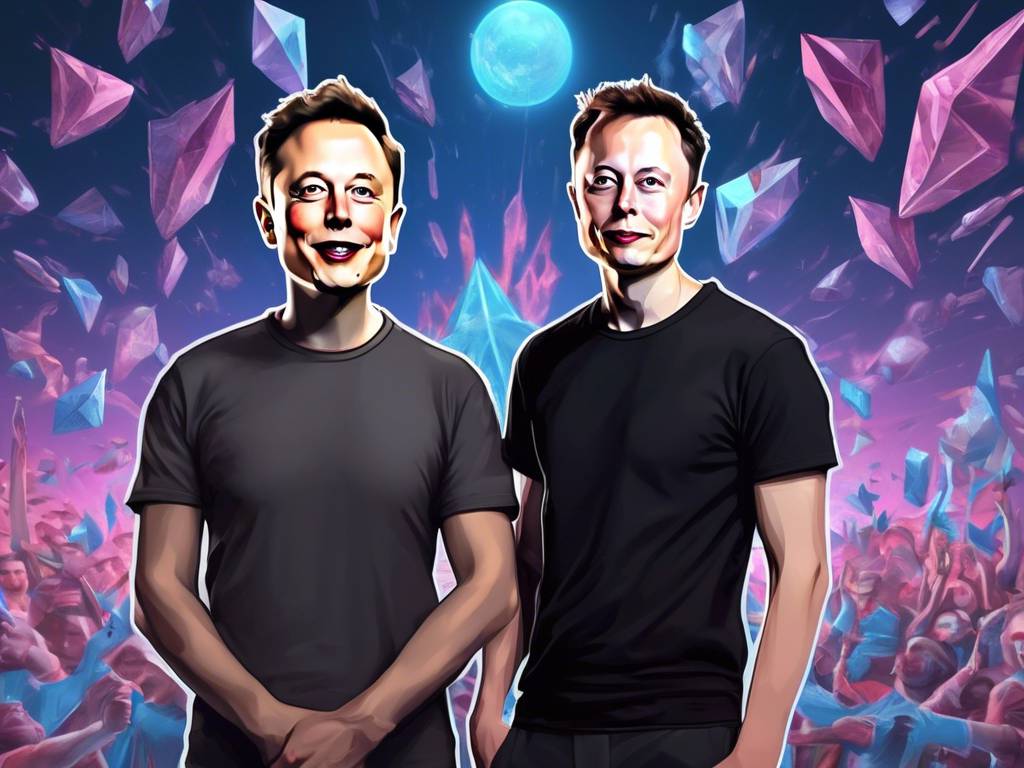Exploring Vitalik Buterin’s Move Away from Twitter
Elon Musk recently expressed curiosity about Vitalik Buterin’s decreased presence on Twitter, a platform that has seen an exodus of users and advertisers. Buterin, the co-founder of Ethereum, has been spending more time on Farcaster, a decentralized social media protocol, rather than engaging with the masses on Twitter. This shift has raised questions and opinions within the crypto community.
Musk’s Inquiry and Community Response
- Musk questioned Buterin’s departure from Twitter, leading to speculation within the crypto community.
- Users on Twitter suggested reasons such as increased bot activity and the platform’s functionality.
Buterin, on the other hand, finds Twitter to be a hub for annoying individuals, prompting him to seek solace on Farcaster.
Buterin’s Preference for Farcaster
- Buterin believes Farcaster offers higher-quality engagement compared to Twitter.
- He dismisses claims of isolation within a crypto bubble, highlighting Farcaster’s appeal to non-crypto users.
Farcaster gained traction in early 2024 with the introduction of Frames, a feature that enhances user experience by enabling on-chain and off-chain functions within the protocol.
The Rise of Decentralized Media
- Farcaster has maintained consistent usage post-Frames launch, demonstrating steady growth.
- However, decentralized media platforms like Farcaster still have lower engagement compared to giants like Twitter.
Buterin advocates for greater adoption of decentralized platforms within the crypto community, emphasizing the need for self-reliance in leveraging such technologies.
Hot Take: Decentralization and Engagement
In a landscape dominated by centralized social media platforms like Twitter, Vitalik Buterin’s shift towards decentralized alternatives like Farcaster sparks discussions around the future of engagement within the crypto community. While some advocate for broader outreach on mainstream platforms, others echo Buterin’s sentiment of prioritizing quality interactions over quantity. As the debate continues, the evolving preferences of prominent figures like Buterin shed light on the significance of decentralization in shaping the digital discourse of tomorrow.





 By
By
 By
By

 By
By
 By
By